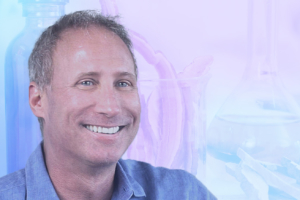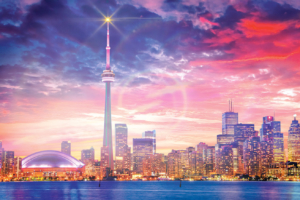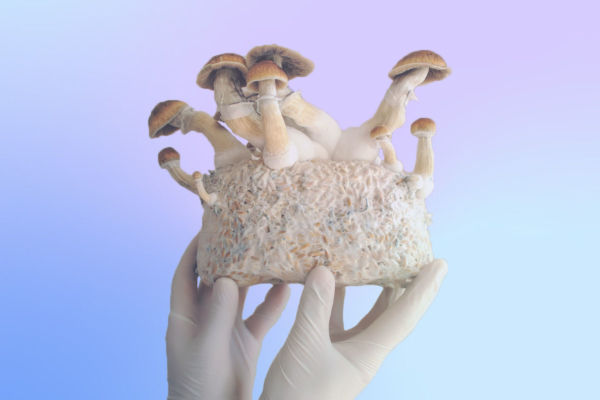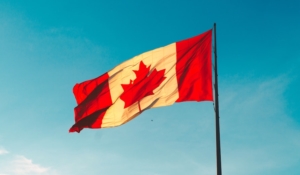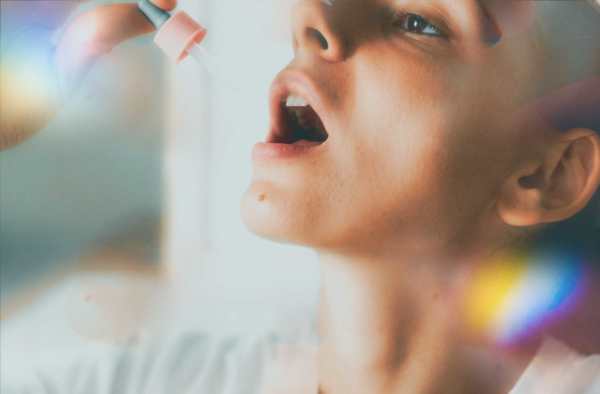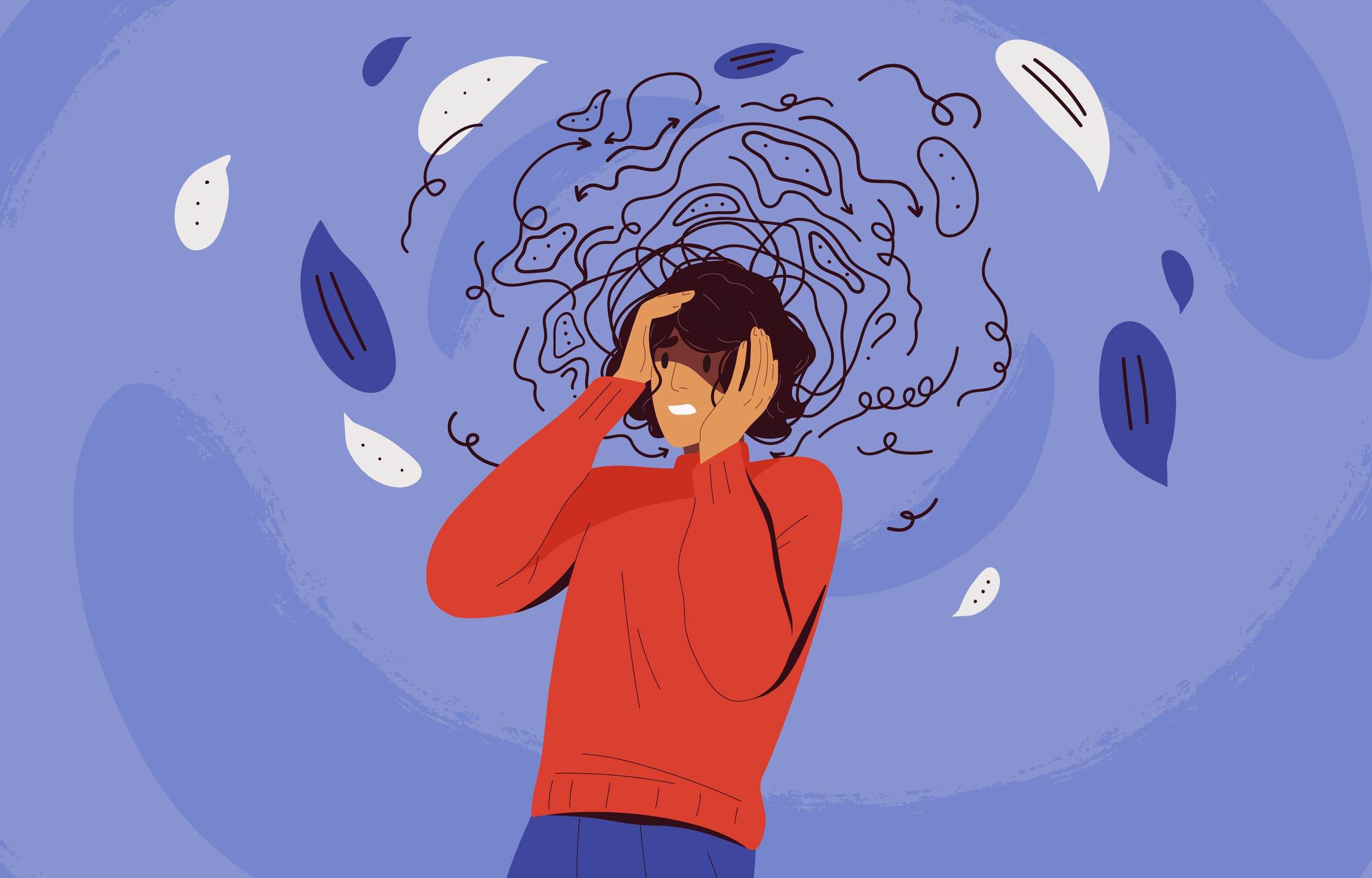
The Canadian Psychedelic Association announced last week that public approval of psychedelics for therapy was at an all-time high, but what about in the United States?
A study by USA Rx, published this past spring, shows that Americans are warming up to psychedelics, but they’re not nearly as hot on the idea as Canadians. Only 47% of respondents express approval of psychedelics for therapeutic reasons. In terms of legalization, only 39% say the drugs should be legal for any use, with 37% specifying only for medicinal reasons, and 25% think there is no reason psychedelics should be legalized.
But at the rate of research being conducted globally, interest and support will likely only heat up in years to come. 69% of the 1,000 Americans polled indicated medical research was the most likely resource to change their beliefs or opinions about the use of drugs in either recreational or therapeutic settings.
Americans were polled on opinions about a wide range of psychedelics — ayahuasca, peyote, MDMA, DMT, LSD, ketamine, salvia divinorum – and psilocybin appears to have the most approval. 63% are fine with any use, while 20% approve for therapeutic purposes, and 17% say there is no acceptable use for the chemical compound that makes certain mushrooms “magic.”
Canada’s recent poll, with a similar sample size, focused primarily on psilocybin-assisted therapy. 82% approve the use of psilocybin-assisted therapy for people suffering from an end-of-life illness, and 78% would support a government that legalized psilocybin-assisted therapy to improve the quality of life end-of-life and palliative care patients.
The USA Rx survey was far more wide ranging in topics than Canada’s Nanos Research survey of 1,051 citizens, who were asked specifically about psilocybin therapy, but the main takeaway here is that less than half of Americans approve of legalizing psychedelic-assisted therapy. The data, however, does seem to suggest that if the question was reframed to focus on psilocybin-assisted therapy, more people may be on board.
Baby Boomers have the least tolerance for psychedelics, with 29% saying it was never OK to use psychedelics. Meanwhile, only 21% of Generation Xers and 17% of millennials flat-out rejected psychedelic use.
However, many of those surveyed also saw the mental health potential psychedelics hold, such as easing symptoms of anxiety (35%), depression (39%), and post-traumatic stress disorder (PTSD) (29%). 40% of respondents also said that certain psychedelics were better at treating mental health disorders than currently available medications.
Jennifer Walker-Journey also contributed to this report.
